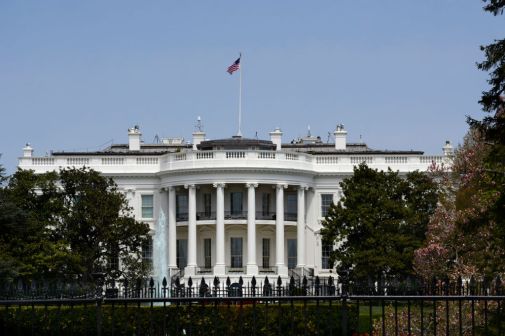The Obama administration will outline new legislation next week that will put a tighter cap on the amount of money some government contractors can receive to cover executive salaries and bonuses.
Joseph Jordan, administrator for the Office of Federal Procurement Policy, said under current law, contractors who are paid based on incurred costs – about a third of all government contracts – can demand reimbursement for executive salaries, bonuses and other compensation up to the level of the country’s top private sector CEOs and other senior executives.
As private sector salaries have grown, this number has risen more than 300 percent since the law was enacted in the mid-1990s, Jordan said.
“Taxpayers have been required, by law, to foot this unaffordable expense, despite the fact that this rapidly increasing cost has had little bearing on the value agencies receive under their government contracts,” Jordan said.
Instead of tying that number to the salaries of the private sector, the Obama administration wants to connect it to the president’s salary and apply it to across-the-board to all defense and civilian cost-reimbursement contracts.
That effort would help keep in check the rising costs of these reimbursements.
The current cap is expected to be more than $950,000, Jordan said, for fiscal year 2012, a number that has grown from $693,000 since fiscal year 2010 alone.
“Tying the cap to the president’s salary provides a reasonable level of compensation for high value federal contractors while ensuring taxpayers are not saddled with paying excessive compensation costs,” Jordan said.
Jordan said the last Congress attempted to change the ruling, but ultimately could only agree on a modest change that expanded application of the statutory cap for defense contractors from the contractor’s senior executives to all of its employees.
The White House’s proposal does provide an exemption to the cap if a federal agency determines such additional payment is necessary to ensure it has access to the specialized skills required to support mission requirements, such as for certain key scientists or engineers.
Jordan reiterated the cap does not limit what contractors can pay their executives, but just what the government will reimburse under that type of contract.
“This proposal is part of the president’s broader Campaign to Cut Waste and the administration’s ongoing effort to eliminate inefficient spending in contracting – an effort that has resulted in a noteworthy decline in annual contract spending since the president took office in 2009,” Jordan said. “We hope that this Congress, unlike the last one, will heed the urgent call to restore fiscal responsibility before additional taxpayer dollars that could be used to fund critical agency mission work are wasted unnecessarily to pay for costly overhead in the form of excessive contractor compensation.”
He continued, “Taking these steps has the potential to save taxpayers hundreds of millions of dollars over what they would have to pay if the cap remains unchanged.”






